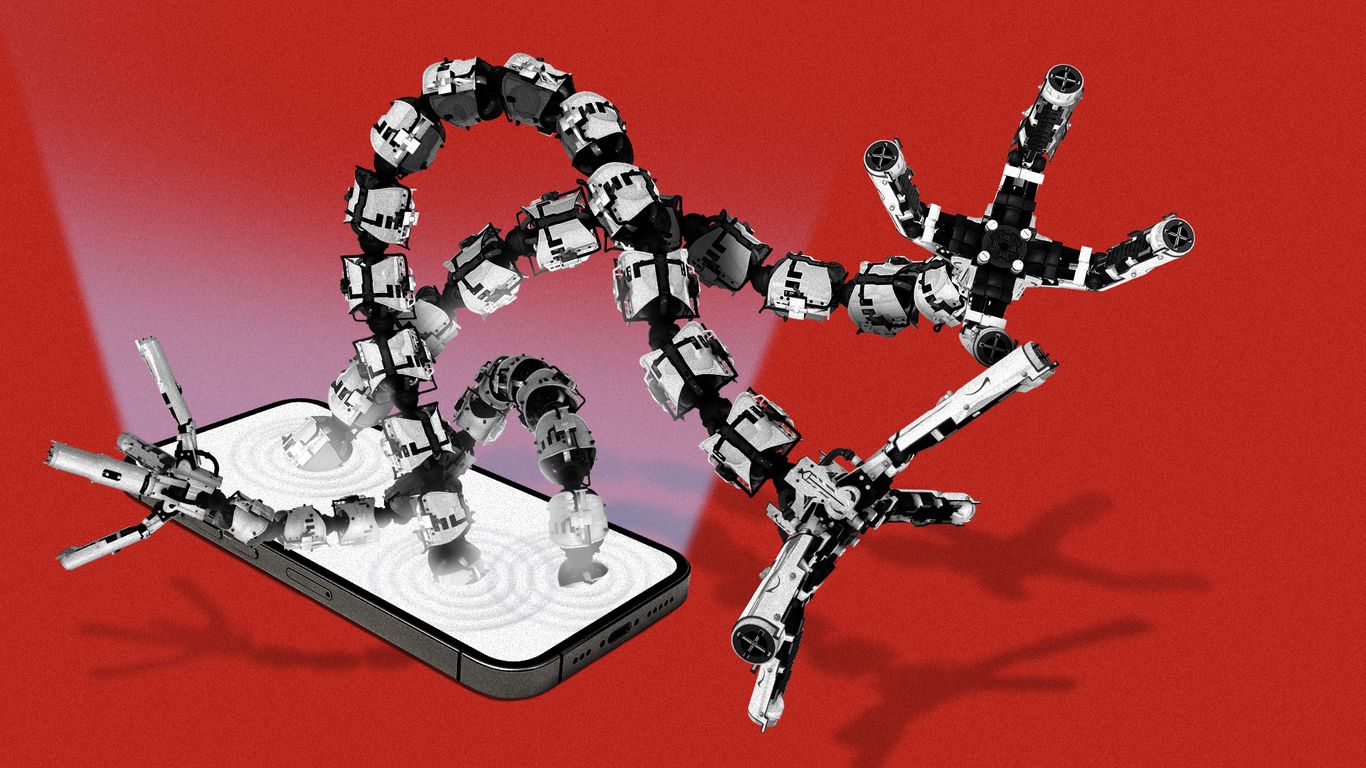
"AI-generated images lack the imperfections that make these community connections relatable. This creates a disconnect between digital content and genuine experiences in gardening, knitting, and DIY communities."
"Fake influencers have been slipping into our feeds for a few years now, but they are getting harder to spot since image generators have improved their realism."
"AI-generated oddities are prevalent because they are lucrative for creators, as engagement—especially confusion-driven engagement—proves valuable to algorithms."
"Images and videos created with OpenAI, Google, and Meta's sophisticated tools flood the internet, leading to a saturation of synthetic content referred to as AI slop."
AI-generated visuals are negatively impacting gardening forums, knitting communities, and DIY aesthetics on platforms like Pinterest due to their lack of relatable imperfections. Vogue faced backlash for using AI models in ads, with accusations of job theft from models and photographers. The rise of fake influencers, now more difficult to identify, coincides with advancements in image generation. AI-generated content thrives on engagement, particularly confusion-driven viewership, leading to a proliferation of synthetic media termed 'AI slop', contributing to a dilution of genuine human-crafted contributions.
Read at Axios
Unable to calculate read time
Collection
[
|
...
]